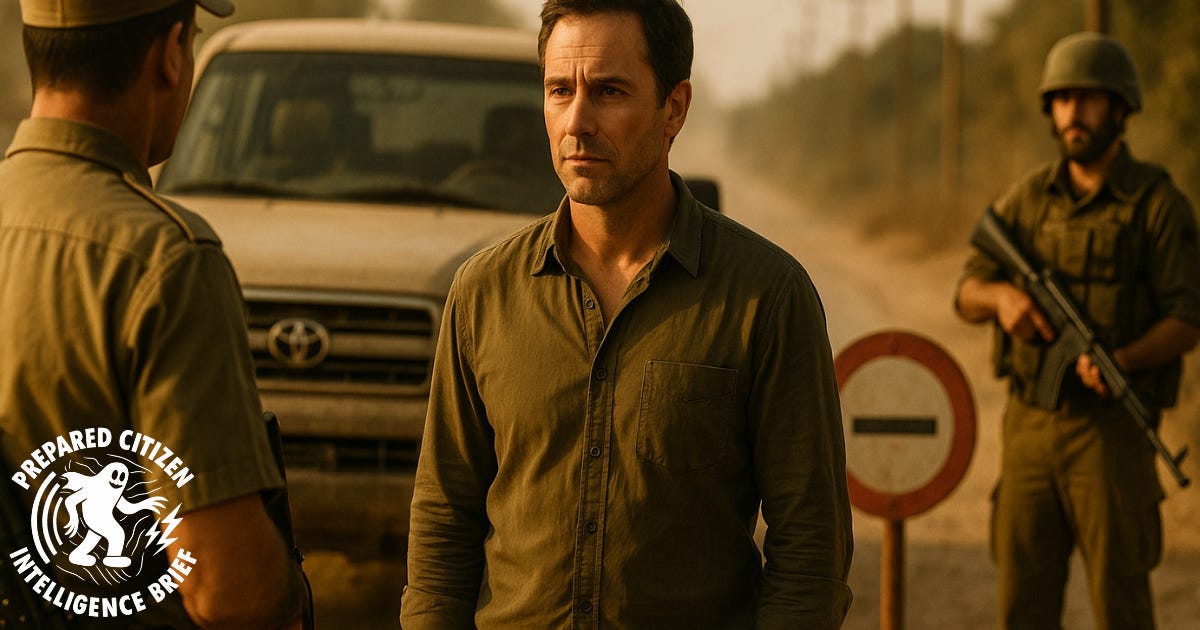Operating in Corrupt Environments
How Professionals Manage Bribe Situations Abroad
Power at the Checkpoint
The Land Cruiser rolls to a halt at a dusty checkpoint on the outskirts of Juba. An armed man in a faded police uniform steps out, hand raised.
The humanitarian team’s driver lowers his window a few inches and produces their travel permits. Unimpressed, the officer slowly shakes his head and mutters about a “fee” for passing.
In that moment, it’s clear this is about leverage. The man with the AK-47 controls the road, and he intends to be paid for it.
Seasoned folks recognize this scene instantly: bribery in the wild is not a question of personal morals, but of power dynamics and control. The veteran team leader signals everyone to stay calm. He knows that how they handle this interaction, not some ideal of right and wrong, will determine if they get through safely.
This composite scenario, echoed in dozens of real incidents from Central America to Central Africa, sets the tone. In corrupt environments, a bribe request is seldom an isolated “bad apple” event; it’s usually an expected toll in an unofficial system of authority.
The challenge for those operating abroad is navigating these fraught moments with discipline and tact, maintaining personal safety and mission success without fueling the corruption machine any more than necessary.
The following analysis draws on field experience, security advisories, and case studies to explore how seasoned contractors, aid workers, journalists, missionaries, and business/personal travelers manage bribe situations abroad with quiet, field-tested authority.


